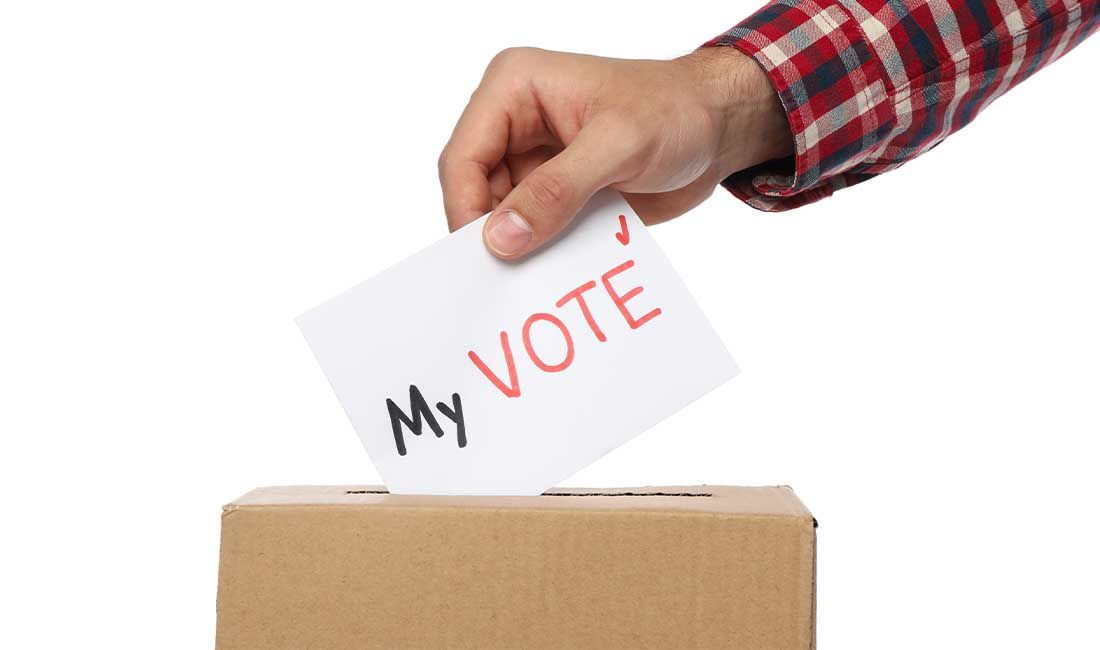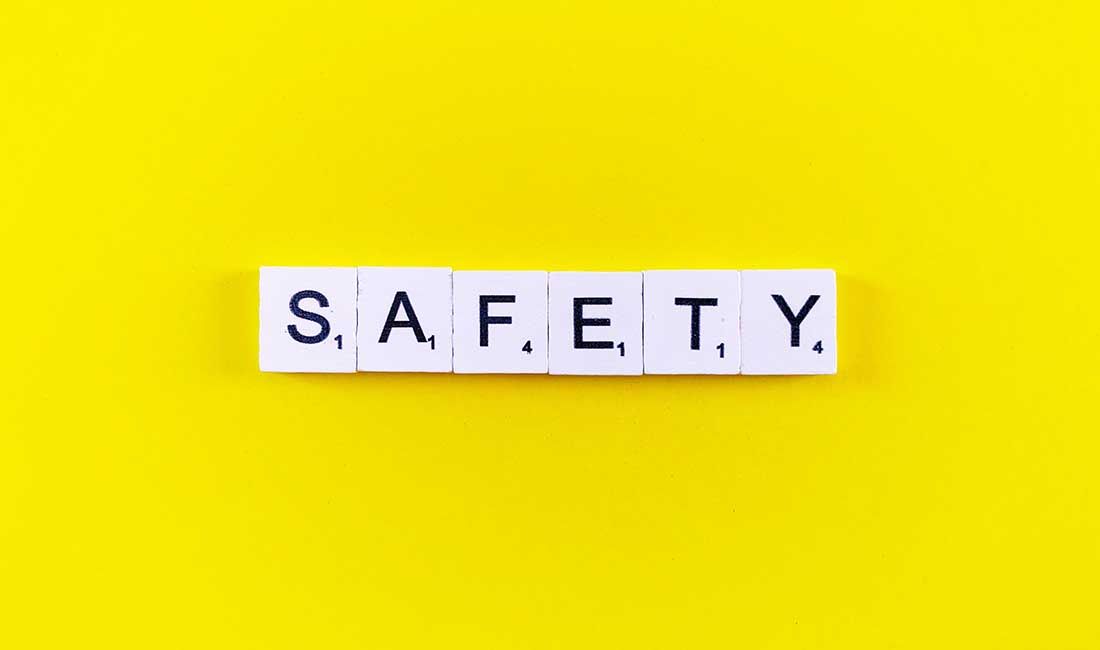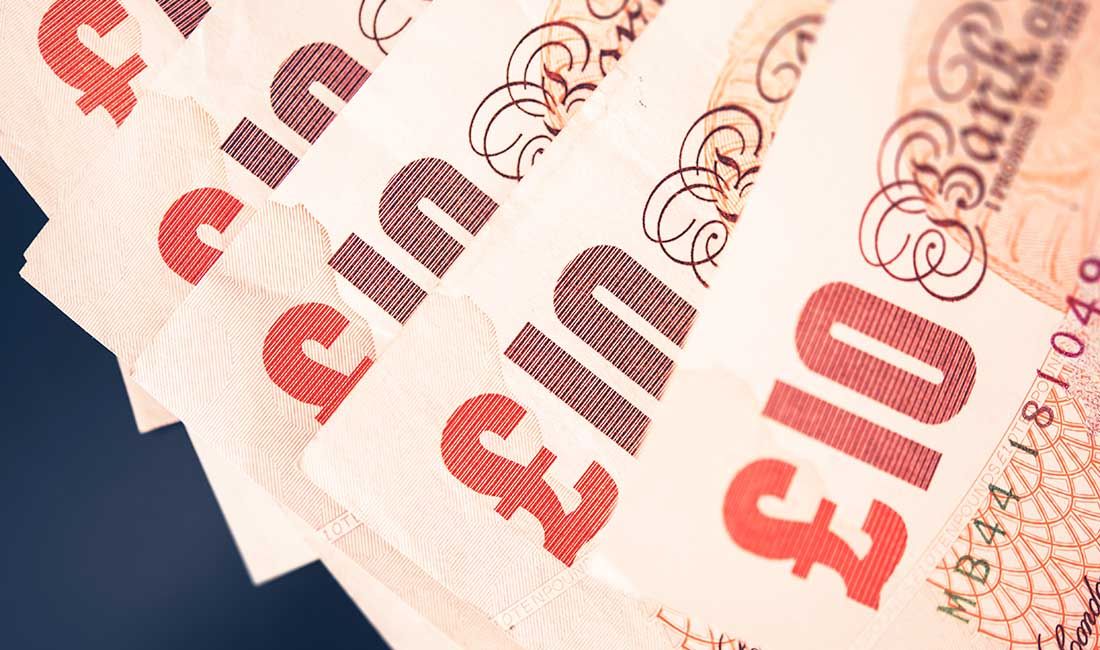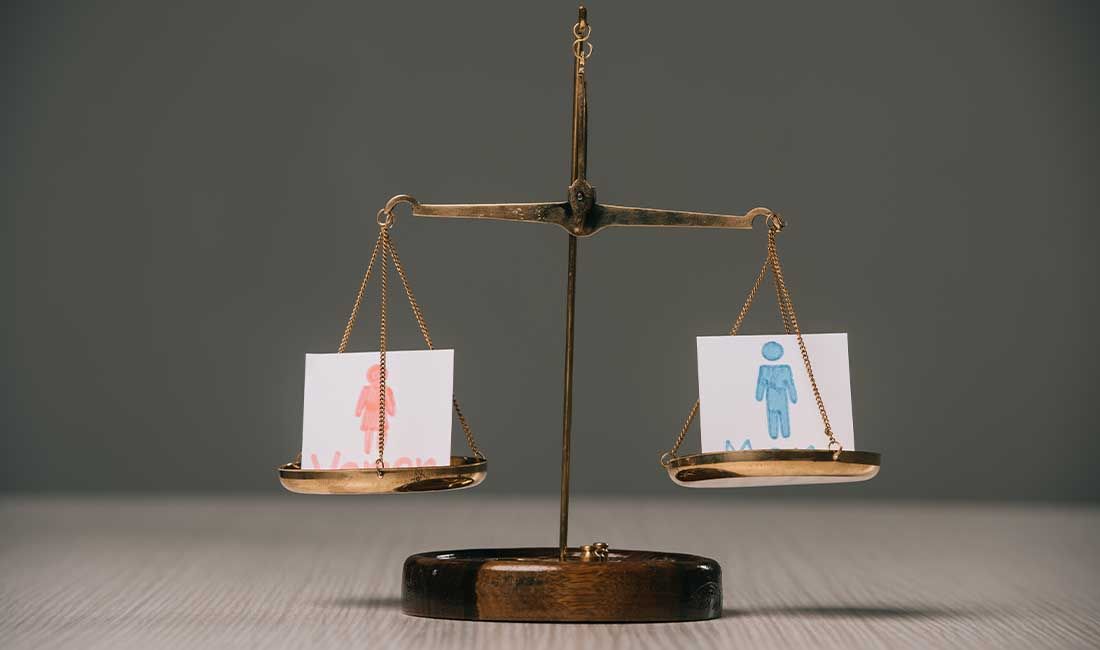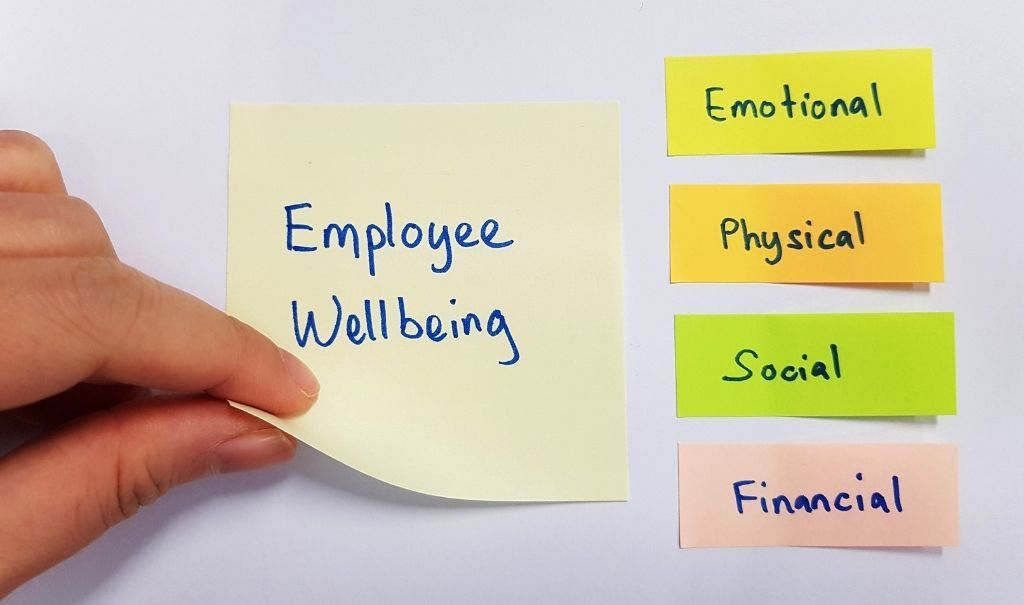The Do's and Don'ts of Staying Hydrated at Work
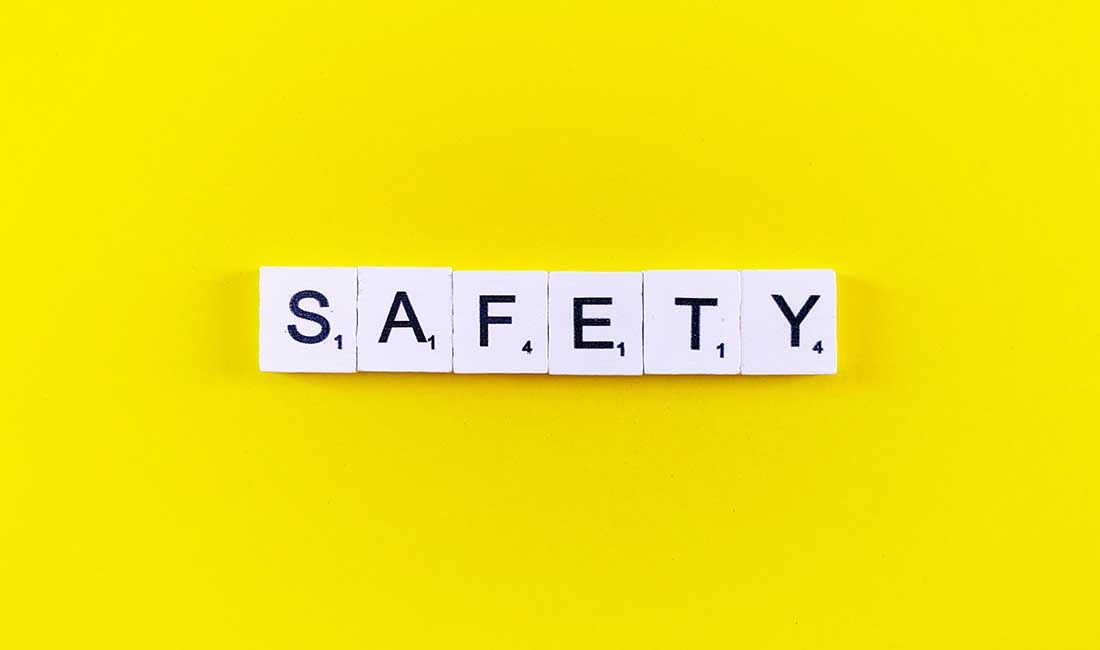
| W.E.U Admin | Physical Health & Lifestyle
TAGS: Health, Wellbeing
Proper hydration on the job is about more than quenching your thirst—it’s a critical health and safety measure that every worker and employer must prioritise. Whether you’re in a hospital, behind the wheel, on a construction site, or at a desk, staying hydrated helps you stay alert, reduces the risk of heat stress and fatigue, and safeguards your long-term well-being. Explore more tips on staying hydrated at work.
Why Hydration Matters for Health, Safety, and Rights on the Job
Employers have a legal duty to provide clean drinking water and ensure safe working conditions, yet every individual also has a responsibility to look out for themselves and their colleagues. By maintaining proper hydration, you:
- Stay alert and focused throughout your shift
- Reduce the risk of heat stress and exhaustion
- Protect your long-term health and performance
Guidance on Keeping Hydrated
Drink water regularly, not just when you’re thirsty. Thirst is a late sign of dehydration. Sip water throughout your shift, especially in hot environments or during physical labour.
Use a reusable water bottle or flask. It’s an easy way to track your intake and stay topped up. Many workplaces supply bottles—if yours doesn’t, ask if you can use one.
Take extra care in hot environments. Working outdoors, near machinery, in kitchens, or warehouses increases your risk of dehydration. Combine hydration with frequent breaks and shade whenever possible.
Speak up if water access is limited. Employers are legally required to provide drinking water. If taps or coolers are unavailable, mention it to your manager or contact the WEU office.
Eat water-rich foods. Fruits and vegetables like cucumber, tomatoes, melon, and oranges can help maintain your hydration levels.
Look out for colleagues. Flushed skin, dizziness, confusion, or persistent fatigue may signal heat stress or dehydration. Early intervention can prevent serious incidents.
Be Aware of the Following Points
- Don’t rely on energy drinks or fizzy pop. High caffeine or sugar content can worsen dehydration.
- Don’t skip water to avoid toilet breaks. Employer-provided breaks and facilities must support your health and safety.
- Don’t “pre-load” with caffeine or use alcohol before a shift. Both can dehydrate you—stick to water before and during work.
- Don’t stay silent if conditions are unsafe. Lack of water or denied breaks in hot conditions is a serious Health & Safety issue.
- Don’t ignore signs of dehydration. Headaches, dry mouth, dizziness, fatigue, or dark urine mean it’s time to drink and rest.
WEU Message – Hydration is a Health & Safety Issue
Under the Health and Safety at Work Act and the Working Time Regulations, employers must provide adequate breaks, rest areas, and access to drinking water. If you’re experiencing obstacles to proper hydration at work:
- Contact the WEU office for advice and support.
Previous Post | Next Post

workersofengland.co.uk | Independent Workers Trade Union










